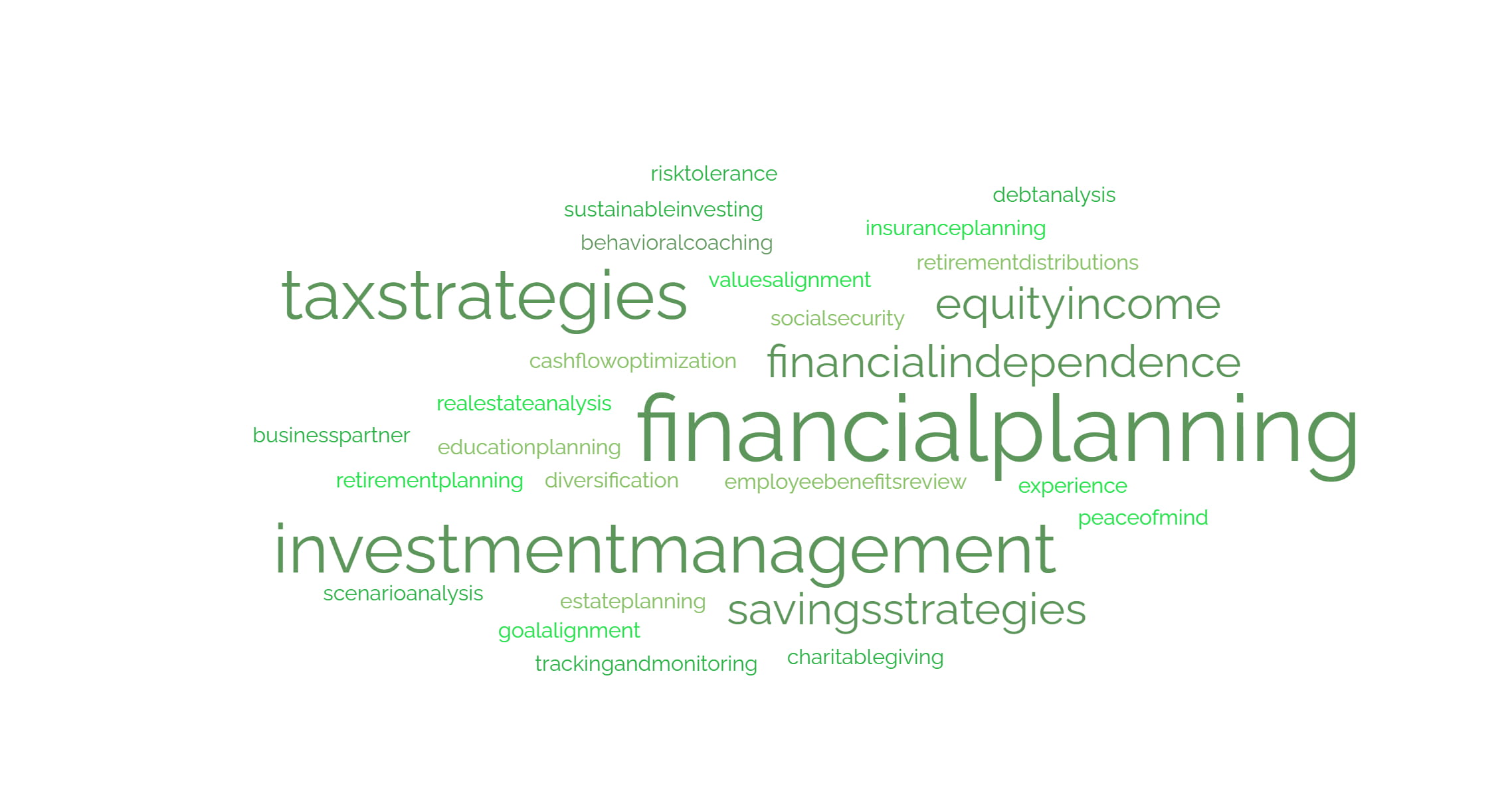Financial Planning and Effective Investment Management
By Brad Michalchuk
Millions of people hire investment advisors to help them get the highest return on their investments and deliver significant value. This can be extremely beneficial, but investment management is much more effective when it is based on a comprehensive financial plan that takes a 360-degree view of each investor.
A holistic financial plan involves building a strong relationship with each client based on mutual respect and close communication, understanding an individual’s goals, and providing a customized plan to meet them. It requires a review of the client’s finances, including their income, savings rate, assets, liabilities, insurance, and benefits. The advisor then collaborates with the client to determine their strengths, vulnerabilities, and how they are tracking towards their goals before making recommendations and investment decisions.
Understanding each client’s specific financial circumstances, aspirations and life stages gives an advisor the kind of context that will help both advisor and client think through all the options and produce a tailor-made strategic plan aimed at helping the client achieve those goals. Without proper context, an investment advisor may generate a strong financial return, but miss significant opportunities. For example, they may not understand how to integrate the various aspects of your financial situation which could lead to:
- Not meeting your liquidity needs and forcing you to sell your assets in a down market
- Missing opportunities to diversify your tax exposure or utilize tax efficiencies
- Misallocating your assets leading you to inefficiently fund your kid’s education, pay your taxes, and/or fund your retirement
- Missing out on maximizing your employer-offered benefits or getting the most out of your insurance policies and estate plan

Making these types of mistakes or missing these types of opportunities can set you back months or years. By leading with a financial plan and accounting for all the relevant and dynamic pieces, you can avoid these blind spots and set up your finances for better long-term efficiency and success.
It’s also important to note that a financial plan is a living document that needs continuous monitoring and updating. As a client’s situation or goals change, or government regulations change, the plan and the investment strategies need to be modified.
Financial planning is generally included in your investment management fee so there is no reason not to consider it. If you would like more information about our process, please contact me at brad@millstoneevansgroup.com.
The Millstone Evans Group is a SEC registered investment adviser. Information presented is for educational purposes only intended for a broad audience. The information does not intend to make an offer or solicitation for the sale or purchase of any specific securities, investments, or investment strategies. Investments involve risk and are not guaranteed. The Millstone Evans Group has reasonable belief that this marketing does not include any false or material misleading statements or omissions of facts regarding services, investment, or client experience. The Millstone Evans Group has reasonable belief that the content as a whole will not cause an untrue or misleading implication regarding the adviser’s services, investments, or client experiences. Please refer to the adviser’s ADV Part 2A for material risks disclosures.
Past performance of specific investment advice should not be relied upon without knowledge of certain circumstances of market events, nature and timing of the investments and relevant constraints of the investment. The Millstone Evans Group has presented information in a fair and balanced manner.
The Millstone Evans Group is not giving tax, legal or accounting advice, consult a professional tax or legal representative if needed.


